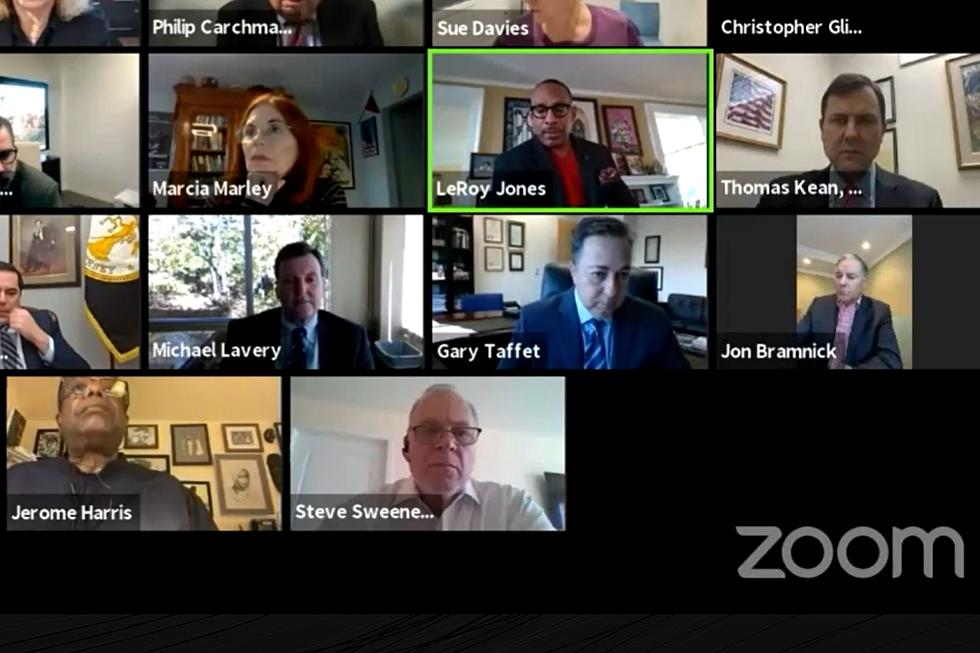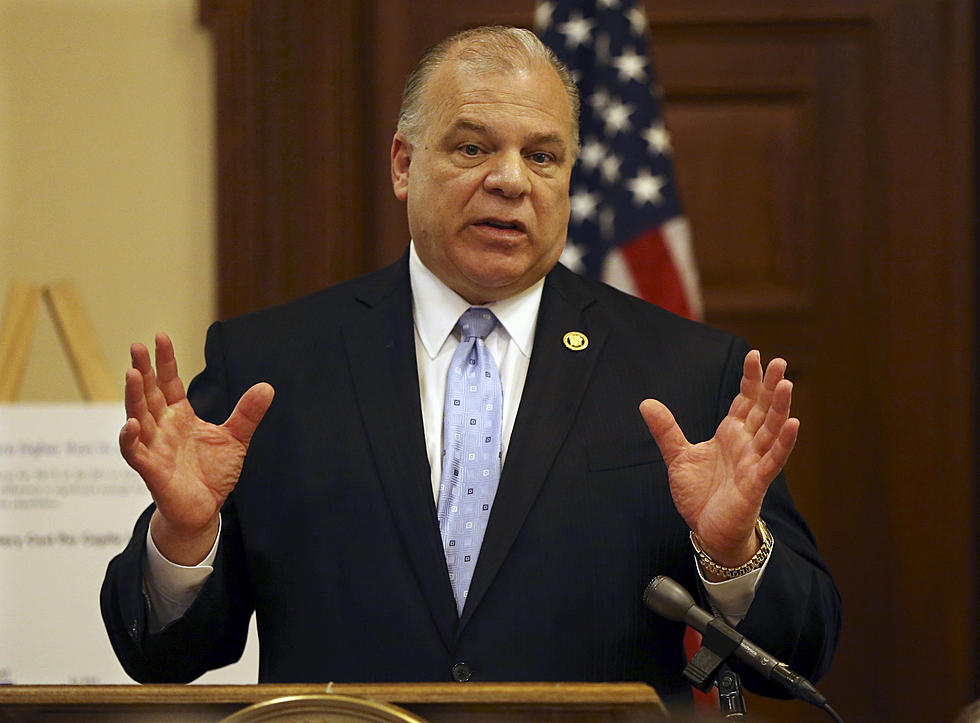![Minors Caught Sexting Would Not Be Branded For Life [AUDIO]](http://townsquare.media/site/385/files/2012/10/Nika.jpg?w=980&q=75)
Minors Caught Sexting Would Not Be Branded For Life [AUDIO]
Megan's Law would be revised in New Jersey under a new bill designed to improve community supervision of convicted sex offenders and to better protect kids.
The legislation, which updates the law based on improved electronic communication, would also ensure that minors who commit a sexting are not placed on the sex offender registry for life.
"A juvenile, it has to be a juvenile, who has committed a sexting offense would not be required to register as a sex offender," explains State Senator Linda Greenstein who co-sponsors the measure along with senate President Steve Sweeney. "This terrible act of a young person, an immature act, is not something where we want them to be on sex offender registry for life."
Sexting is the act of creating, exhibiting or distributing nude photographs through an electronic communication device such as a cell phone or computer. Greenstein says that portion of her legislation has the support of the family of Megan Kanka for whom "Megan's Law" was named.
"This bill was done with the advice and consent of the Kanka family," explains Greenstein. "These were changes that they wanted to see. They've always been concerned about the idea of young people getting caught up in this web."
Convicted Sex Offenders Would Pay Up Too
The measure also incorporates a revenue stream to ensure the continued supervision and monitoring of sex offenders. Under the bill, a $30 per month penalty would be imposed on every person convicted of a sex offense.
The cash would go to pay for expenses incurred in supervising sex offenders, including but not limited to, additional staff, equipment for monitoring offenders such as GPS devices, and purchasing equipment to expand the Parole Board's ability to supervise offenders.
Stricter Penalties
The bill makes additional revisions to Megan's Law including:
- Upgrading the crime of sexual assault - a crime of the third degree - of a person with an intellectual or permanent physical ability to aggravated sexual assault - a crime of the second degree - which is punishable by five to ten years in prison and/or $150,000 fine
- Prohibiting tier-two sex offenders who have shown repetitive, compulsive behavior from invoking a statutory exception to keep his or her name off the Internet registry. Currently all of tier three - high risk to reoffend - and some of tier two - moderate risk to re-offend - are placed on the Internet database
- Permitting a person who was given Community Supervision for Life, and commits a subsequent offense, to be given a special sentence of Parole Supervision for Life. Community Supervision for Life applies to certain sex offenses committed from 1994 to 2004. A person who violates provisions of this program is committing a criminal offense and must be go through a criminal proceeding for additional punishment. Since 2004, sex offenders have been sentenced to Parole Supervision for Life. Parole supervision differs from Community Supervision in that a violation of this program is considered a parole violation; therefore punishment is an administrative function not requiring a criminal proceeding.
Better Parole Officer Training
Parole officers would also get training under the legislation to better prepare them to identify supervised sex offenders who are using electronic devices in unlawful activities.
The officers would receive instruction in determining if supervised sex offenders have illegally used computers or telecommunications devices to commit unlawful or criminal acts; in forensic recovery, evidence preservation and analysis of data in computer systems seized because of possible criminal activity; in monitoring the use of interactive computer services by supervised sex offenders; and in cooperating with other law enforcement agencies to coordinate efforts in investigating and prosecuting unlawful computer activity by supervised sex offenders.
To reduce caseloads of parole officers and ensure adequate oversight of the state's sex offenders, the bill would limit the number of parolees within an officer's caseload to 40 and would require the Chairman of the State Parole Board to hire or train additional parole officers to supervise sex offenders until the caseload of each officer is 40 parolees or less.
More From New Jersey 101.5 FM









